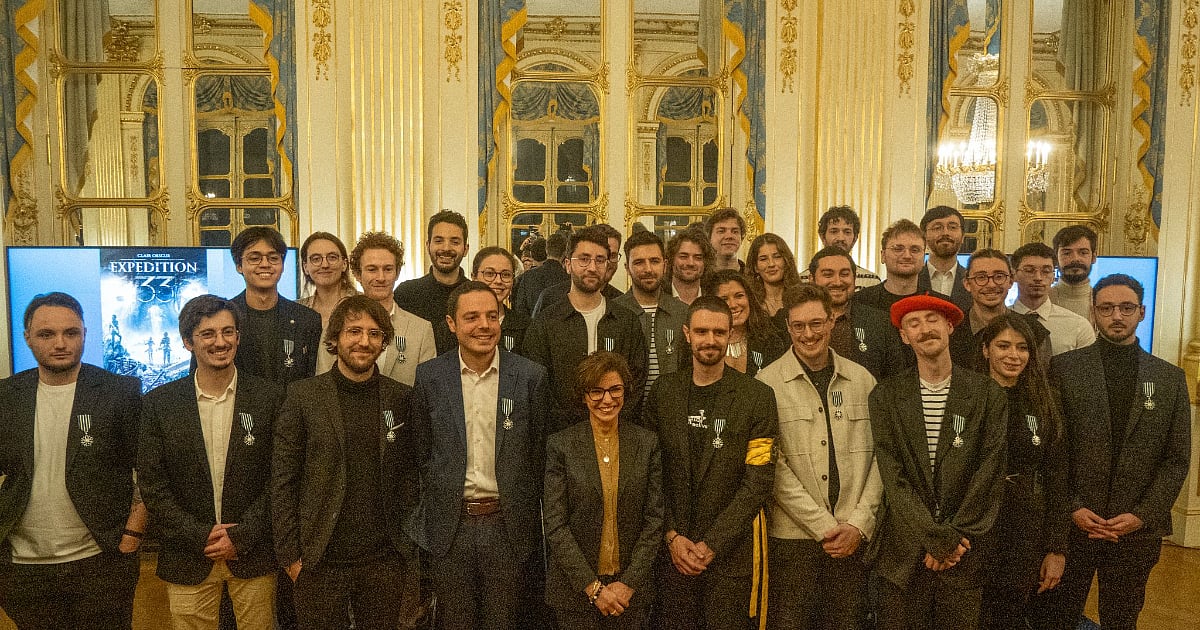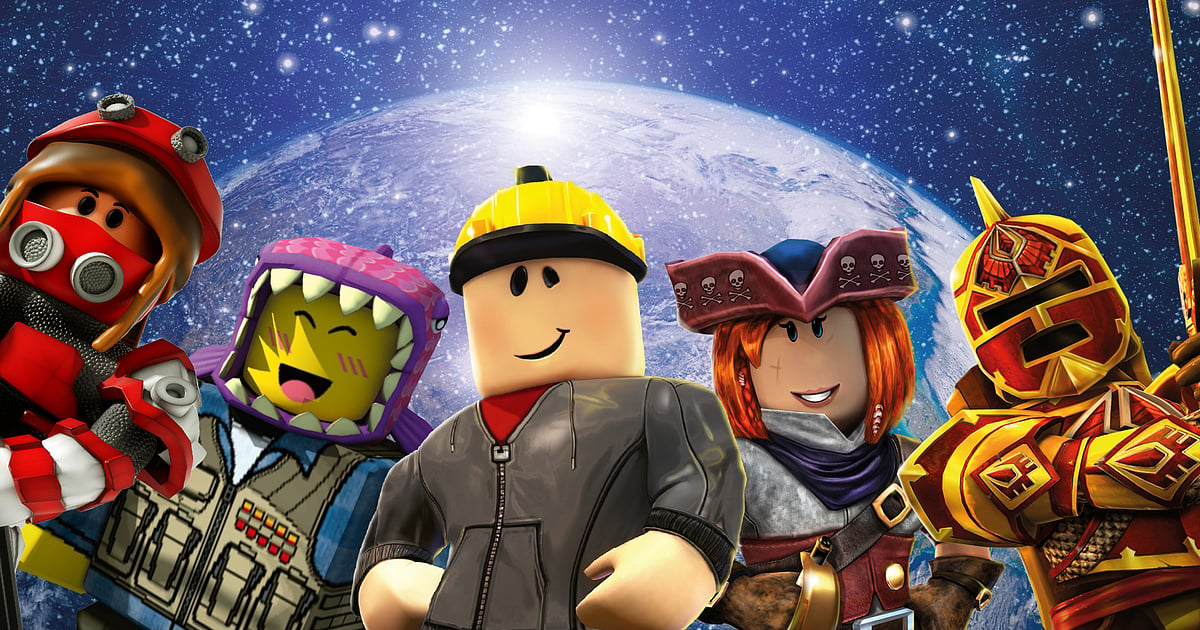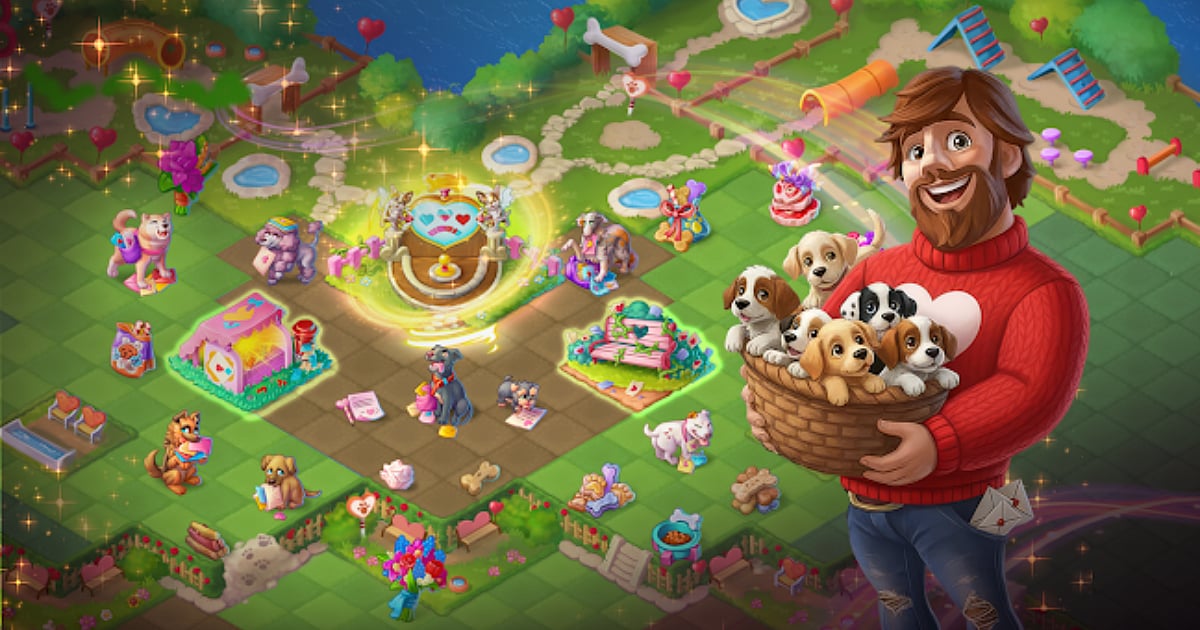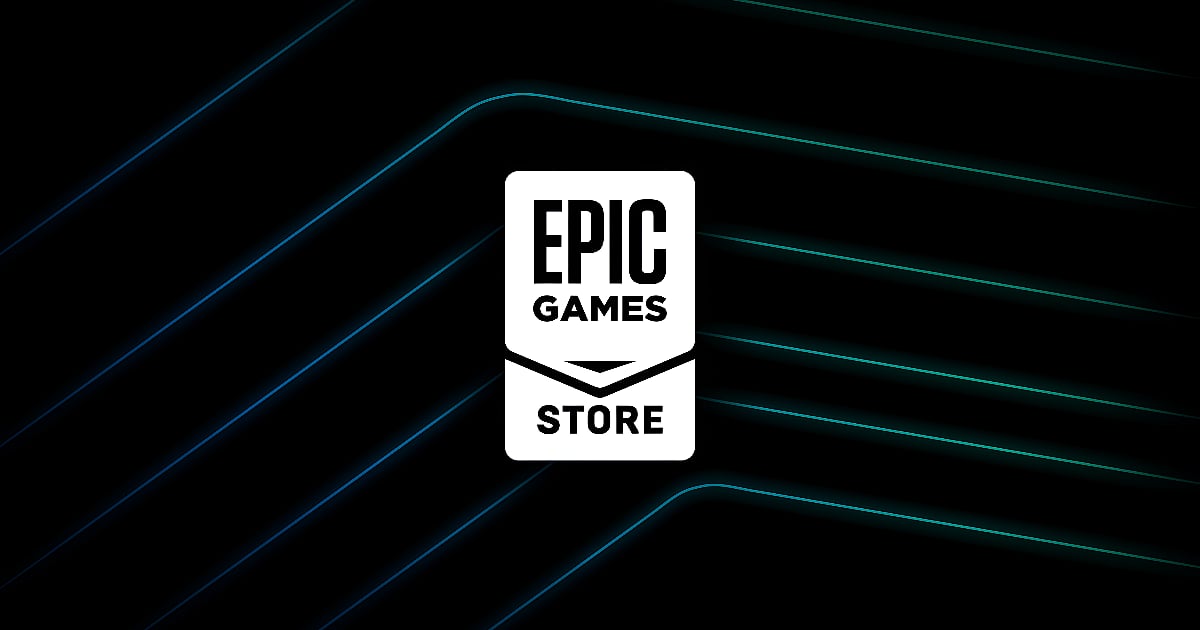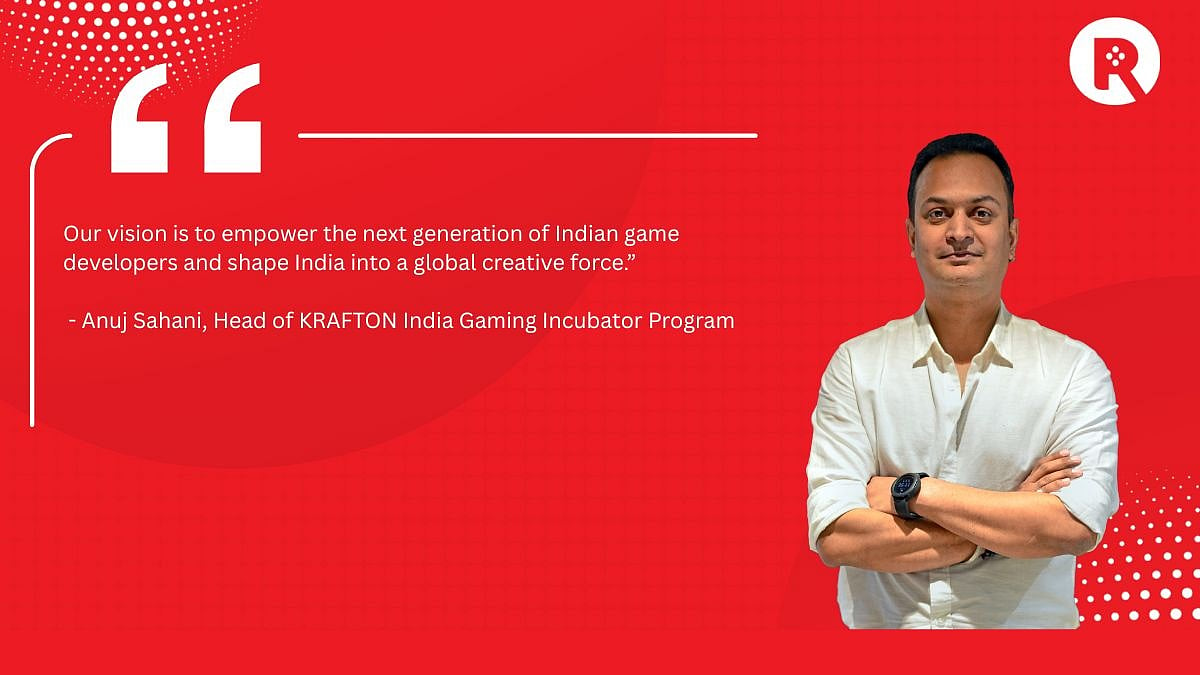
Anuj Sahani - Head of KRAFTON Incubator Program
KRAFTON India Incubator Opens Cohort 3 for Game Developers
Highlights
- KRAFTON India Gaming Incubator opens September 20, 2025, offering funding up to $150,000 and mentorship to nurture globally competitive Indian games.
- Since 2023, KIGI has supported 10 studios across India, enabling releases like Sojourn Past and Rookie Tales with industry mentorship and resources.
- Cohort 3 applications target bold, vision-driven developers, with partners like Google Cloud and AWS providing infrastructure and analytics for scaling success.
Krafton India Gaming Incubator (KIGI) has opened applications for its third cohort, inviting developers from Coimbatore to Kolkata to turn their bold ideas into globally competitive games. Launched in 2023, KIGI has already empowered 10 studios across two cohorts, fueling a new wave of Indian game development with up to $150,000 in funding, cutting-edge tech, and mentorship from global industry veterans.
A Vision Born in 2023
When KRAFTON India unveiled KIGI, it wasn’t just another incubator. It was a promise to nurture India’s nascent gaming talent. From the vibrant streets of Mumbai to the quiet innovation hubs of Madurai, the program has supported studios in 10 cities, helping them craft titles like Sojourn Past by Kohima’s ReDimension Games, Rookie Tales by Delhi’s Dunali Games, and Monkey Mayhem by New Delhi’s Ginger Games. These studios, backed by grants ranging from $50,000 to $150,000 and six to twelve months of mentorship, have launched games on official platforms, with one cohort-one team eyeing a PC release in 2026.
Anuj Sahani, Head of KRAFTON India Incubator Program, told Outlook Respawn, “We’ve created an ecosystem that gives creators what they need to turn big ideas into scalable, successful games. With Cohort 3, we’re deepening our commitment to support bold, diverse talent from every corner of the country.”
Learning from the Journey
As KIGI prepares for its third chapter, starting in April 2026, Sahani shares insights from the first two cohorts. He said, “India has passionate developers eager to create high-quality games, but there’s a gap in gaming education and infrastructure.” Over 300 applications poured in across the first two rounds, a testament to the hunger for opportunity. Yet, many developers lacked the technical know-how to navigate the global market. KIGI’s response? Doubling down on technical support and forging new partnerships to equip studios with the tools to succeed.
The results speak for themselves. All teams from the first cohort launched their games, now refining their KPIs to captivate audiences. Sahani said, “Creating a game is just one step,” and followed up, “Optimizing and listening to audience feedback is a whole different skill set. We’re offering a complete package to help developers deliver.” From cloud credits via Google for Startups and AWS to analytics tools from AppMagic, Lysto, AccelByte, and Liftoff’s GameRefinery, KIGI ensures studios have the tech backbone to scale their visions.
A Changing Landscape
India’s gaming scene is evolving at breakneck speed. Sahani said, “The landscape changes every year. Developers are now building for global markets.” The second cohort saw sharper applications, with prototypes optimized and developers better equipped. For Cohort 3, KRAFTON expects even more applications, fueled by growing awareness of KIGI’s impact. Yet, the selection criteria remain steadfast: a unique idea and a clear vision. He said, “If a developer has a vision and knows what they want to achieve, we’re willing to work with them.”
The challenge for Indian developers, especially young ones, is sustainability. Many start strong but falter without guidance. KIGI’s mentors are veterans with over 15 years of experience who help studios avoid common pitfalls, from technical missteps to market misreads. Sahani said, “Our mentors actively work with developers to improve their games and understand the market.” This hands-on approach has turned raw ideas into titles that resonate globally.
KIGI’s partnerships are its secret sauce. Google Cloud and AWS provide credits that let studios tap into scalable infrastructure, while platforms like AppMagic offer analytics to fine-tune user engagement. These tools empower developers to focus on creativity while navigating the complexities of game optimization. Sean Hyunil Sohn, CEO of KRAFTON India, said in an official press release, “Our vision is to empower the next generation of Indian game developers and shape India into a global creative force.” For Sohn, KIGI is about more than games, it’s about building a sustainable ecosystem where Indian studios can thrive on the world stage.
As applications open on September 20, 2025, KIGI beckons India’s dreamers to join its mission. From the quiet hills of Kohima to the tech hubs of Bangalore, the program is a beacon for creators ready to define the future of gaming. Aspiring studios can apply via KRAFTON India’s website, where details on the six-to-twelve-month journey await. With funding, mentorship, and a global network, KIGI isn’t just incubating games, it’s incubating a revolution in Indian game development.

Author
Abhimannu Das is a web journalist at Outlook India with a focus on Indian pop culture, gaming, and esports. He has over 10 years of journalistic experience and over 3,500 articles that include industry deep dives, interviews, and SEO content. He has worked on a myriad of games and their ecosystems, including Valorant, Overwatch, and Apex Legends.
Abhimannu Das is a web journalist at Outlook India with a focus on Indian pop culture, gaming, and esports. He has over 10 years of journalistic experience and over 3,500 articles that include industry deep dives, interviews, and SEO content. He has worked on a myriad of games and their ecosystems, including Valorant, Overwatch, and Apex Legends.
Related Articles


